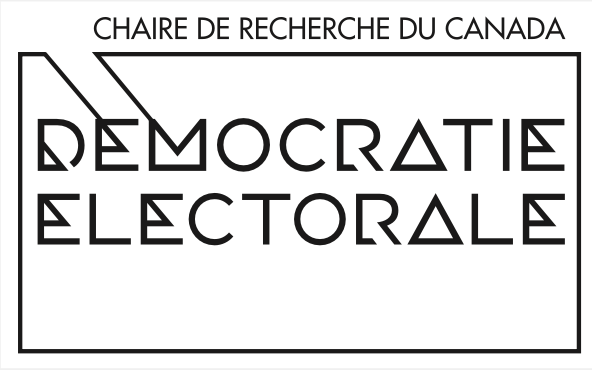Electoral Chairs’ Seminars – March 13th
13 March 2023 • 12:00 13:00
C-4145
‘Credible’ or ‘Capricious’? The Reputational Cost of Party Policy Change in Multi-Party Settings
Maurits Meijers – Assistant Professor at Radboud Universiteit
Political parties regularly change their policy positions on a wide range of issues. Yet, it is unclear how policy change affects parties’ reputations in multi-party systems. On the one hand, voters can accept political parties’ policy change as a credible response to changing political circumstances and public preferences. At the same time, party policy change can be dismissed as insincere and opportunistic. Research on party repositioning in two-party systems like the United States has found that voters generally tend to reject policy shifts. Yet, it remains understudied how repositioning affects trust in political parties in multi-party settings. We hypothesize that party competition dynamics affect how voters evaluate policy change. Using unique observational data from Germany, Poland, Spain and the United Kingdom (N=8000), we investigate under which conditions party policy change affects political trust, and for which substantive reasons. In a second step, we investigate the causal effect of repositioning on citizens’ party trust in a survey experiment in the Netherlands and Spain (N=8000), and we examine how parties’ competitive and representational motives to reposition affect voters’ appraisals. Our study has important implications for our understanding of the consequences of party repositioning for the quality of representation.

This content has been updated on 9 March 2023 at 10 h 14 min.